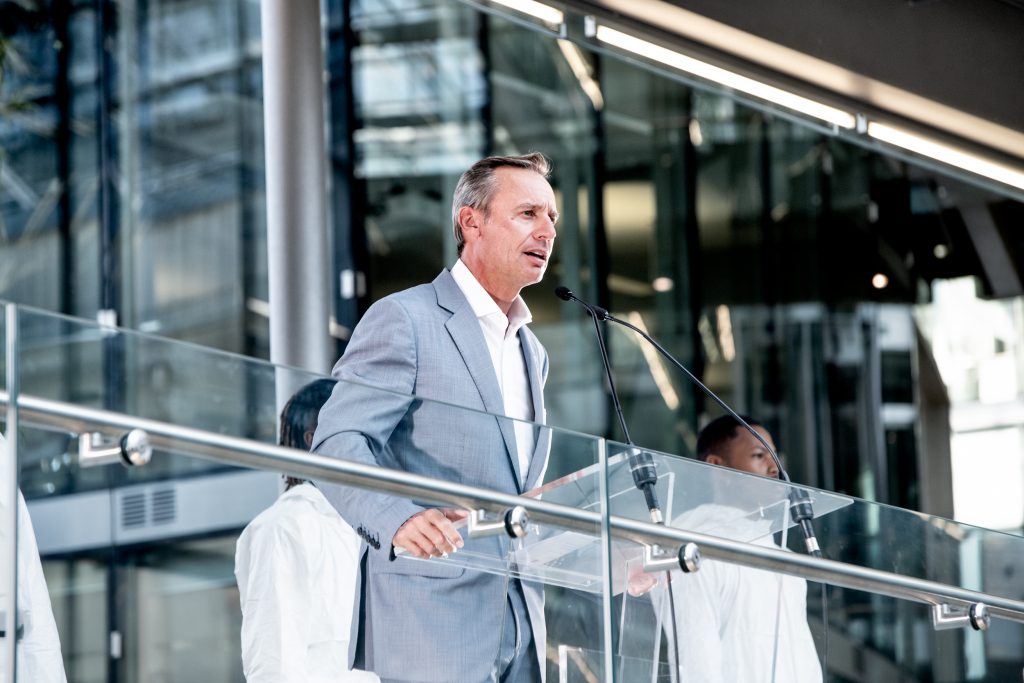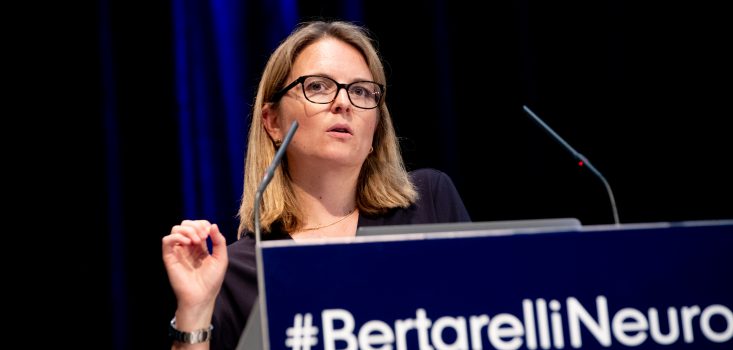An important week of science for Switzerland and for the Bertarelli Foundation concluded last Friday with the eighth annual Bertarelli Neuroscience Symposium, the fourth to be held in the country and the second at Campus Biotech. Alongside an audience of scientists and students, also in attendance were delegates from the World Conference of Science Journalists (WCSJ), which had taken place all week in Lausanne and for which the Bertarelli Foundation was proud to have been a lead supporter.
The WCSJ is a bi-annual event that brings together over a thousand science journalists and communication professionals from all over the world. At the conference in San Francisco two years ago, the Foundation supported Lausanne’s bid to host the 2019 edition and continued as one of three main sponsors for the event itself.
More than 1,200 participants in the conference, nearly 150 of whom received a travel bursary, came from 83 countries, including one delegate from Yemen, who had to travel to Cairo for three weeks to get a Swiss visa. Over the course of four days they enjoyed a packed programme of workshops, press conferences and speeches, including from some big names such as the Director of Russia’s Space Research Institute, a NASA administrator, the BBC’s Director of News and Current Affairs, and the Director of CERN.
For Lausanne – home to EPFL and to the University of Lausanne – and for Switzerland, the WCSJ was an opportunity to demonstrate the importance of science and research to the region. And for the Bertarelli Foundation, it provided an opportunity to showcase the work it funds in the fields of neuroscience and marine science, as well as show its support for science journalism and for its vital importance in turning scientific research into stories and news that can be better understood by the public and, crucially, policy makers.
The Foundation had two among 40 stands in the exhibition space, on which scientists from the neuroscience and marine science programmes met with conference delegates to talk about their work, to explain new neuroprosthetic technologies that were on show, or in the case of the marine scientists, invite the journalists to experience the Indian Ocean – both above and below water – via a virtual reality headset, which proved very popular.
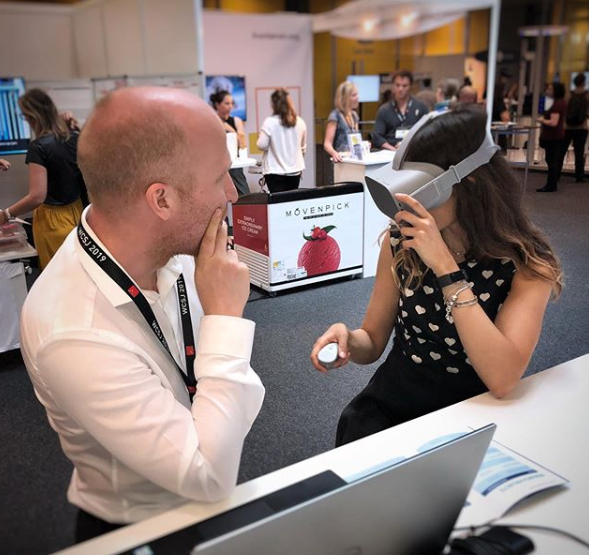
Three scientists from the Foundation’s marine science programme – Prof. Heather Koldewey (Zoological Society of London), Dr. David Jacoby (ZSL) and Dr. Dan Bayley (UCL) – also gave a live press conference with updates from their research (and those of their colleagues) in the British Indian Ocean Territory.
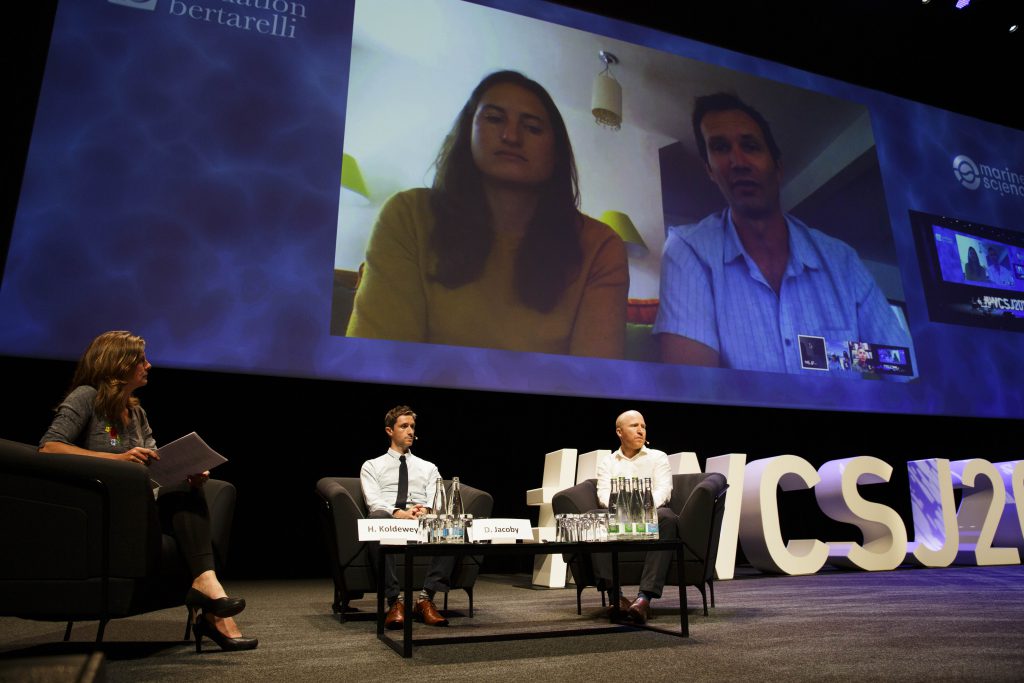
In what must be a first, two of the programme’s scientists joined via satellite technology live from the field on Nelson Island in the Chagos archipelago right in the middle of the Indian Ocean. They were joined by colleagues live from Mauritius and, together, discussed new research they have conducted on, for example, the impact on the marine environment derived from removing rats from islands, which benefits sea bird populations and thus, it seems, coral reefs and fish in the waters close to them.
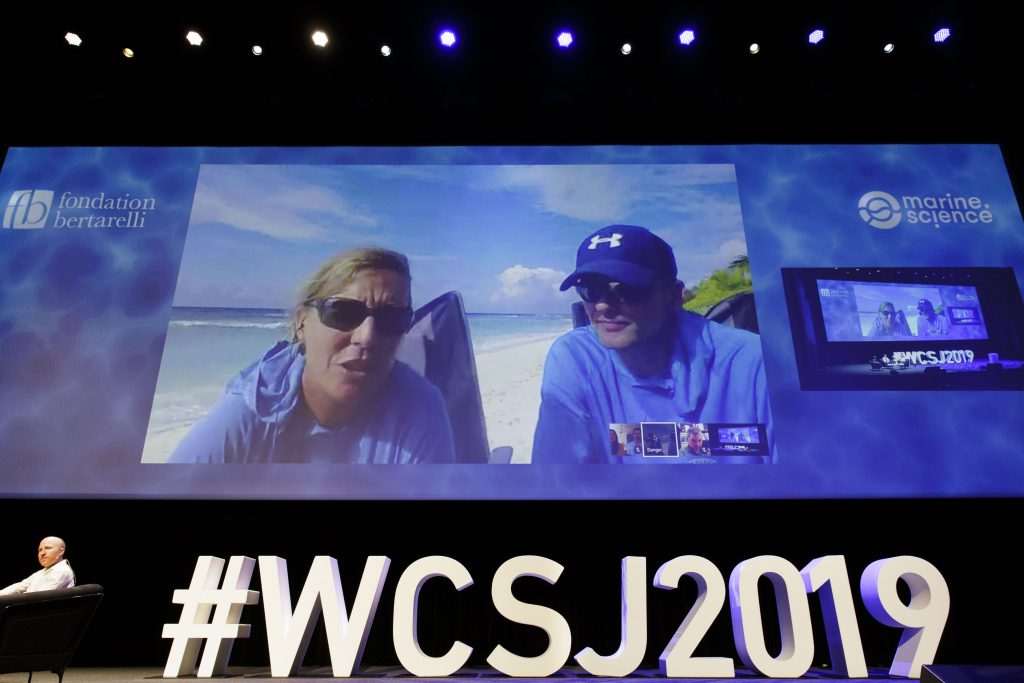
On Friday, the conference’s last day, journalists split up to attend field trips all over Europe. Some went to CERN, some to IBM, some to The French National Centre for Scientific Research (CNRS) in Lyon, and some to Campus Biotech, in Geneva, where, during the morning, groups were taken around ten of the laboratories. And then in the afternoon, they joined the rest of the audience for the Bertarelli Symposium.
The theme of this year’s Symposium, which was put together by Professor Stéphanie Lacour, the Bertarelli Chair of Neuroprosthetic Technology at EPFL, was neuromodulation, the “alteration of nerve activity through targeted delivery of a stimulus, such as electrical stimulation or chemical agents, to specific neurological sites in the body”.
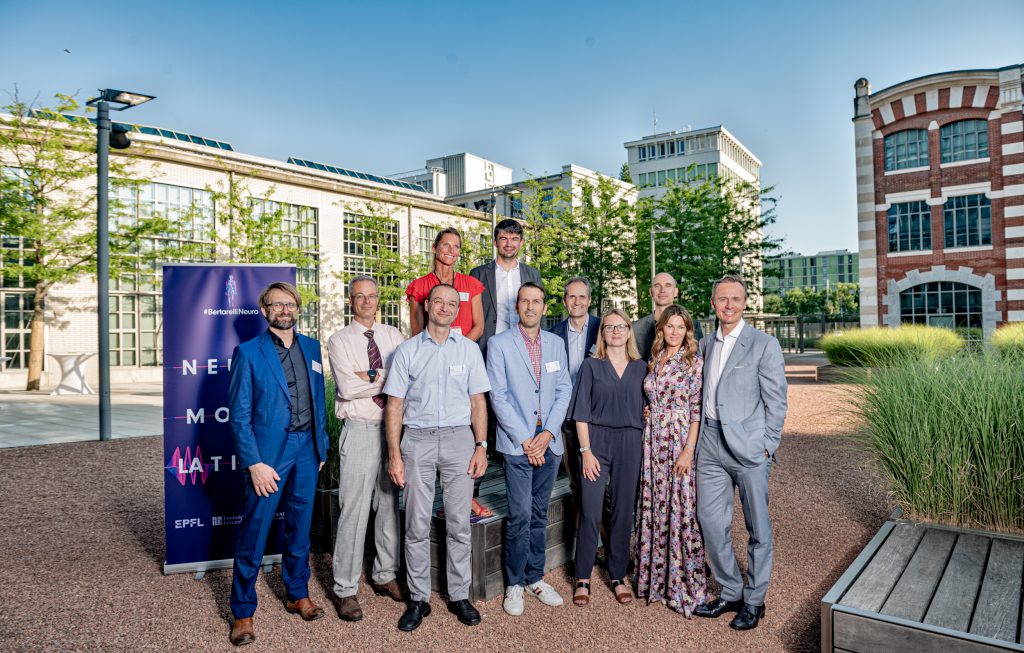
Presentations were given by scientists from the four Catalyst projects at Campus Biotech, which the Foundation funds, as well as by two excellent keynote speakers: Professor Tim Denison from the University of Oxford discussed the design and deployment of bioelectronics platforms for translational neuroscience, while Professor Tobias Moser from the University of Göttingen gave a great presentation about how optogenetics will change the design of cochlear implants for people with hearing problems.
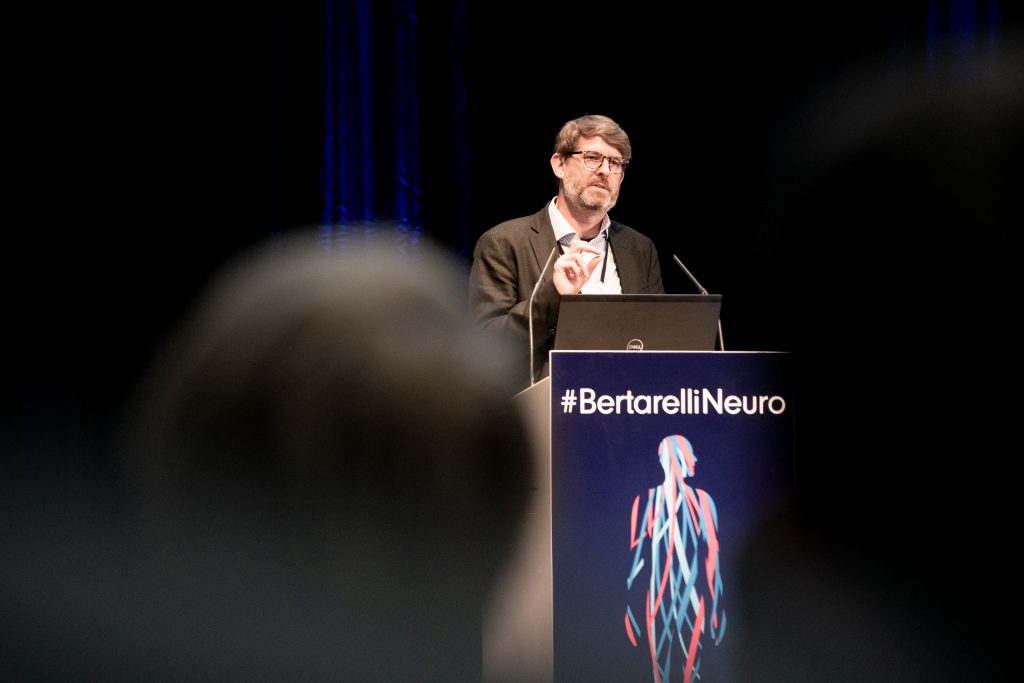
There was also a talk given by two of the past Bertarelli Fellows: EPFL students who were funded to go and study in a lab at Harvard Medical School for a year of their Master’s research. They talked about how formative the experience had been and why any students in the audience who were considering it, should go for it. There have been a total of 33 Bertarelli Fellows since the programme was initiated and five more will be heading to Boston next year.
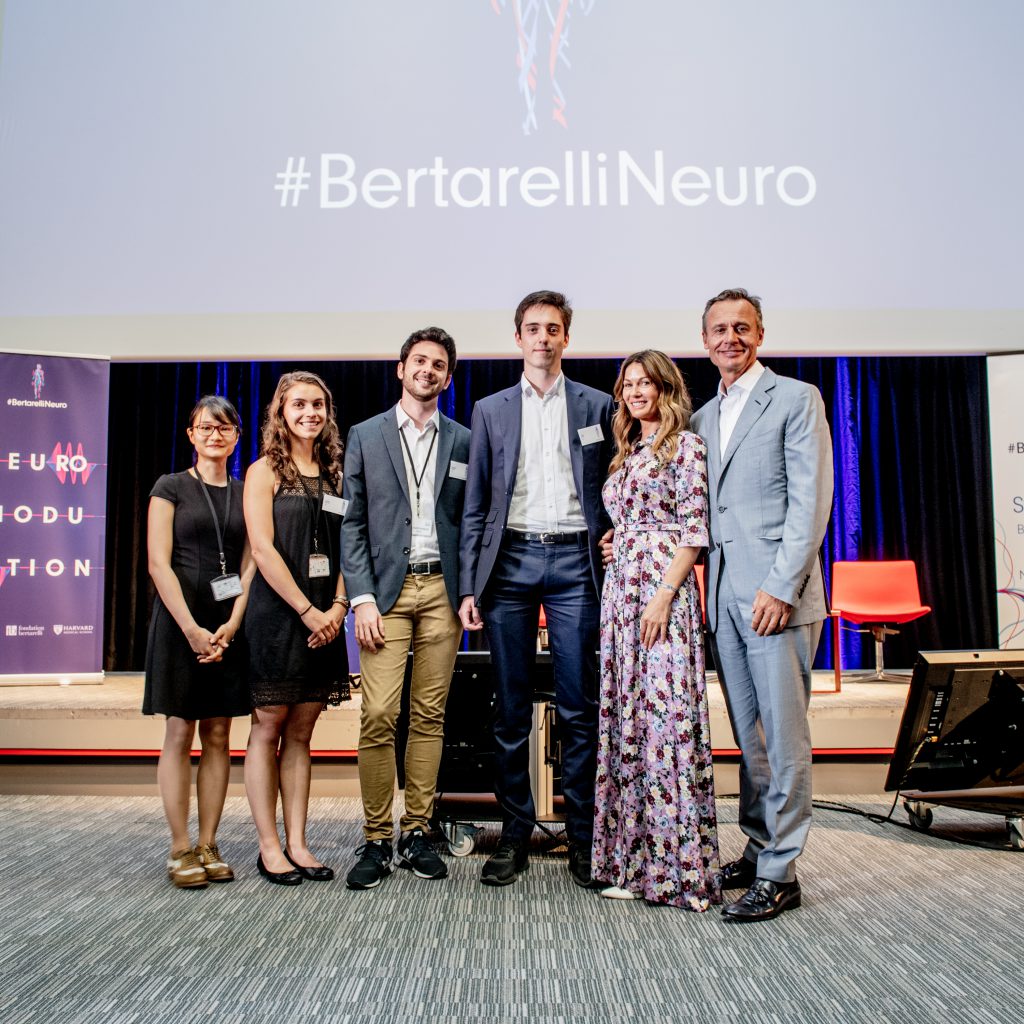
The Symposium, which was well attended, was closed by Foundation trustee, Kirsty Bertarelli. After her remarks, the audience moved to Campus Biotech’s main atrium for the closing ceremony of the WCSJ, to which journalists from other field trips in the region also came. There were speeches from Ernesto Bertarelli, from Olivier Dessibourg, the President of the WCSJ 2019 and from representatives of EPFL (Vice President of Education, Andreas Mortensen) and the University of Geneva (Vice-Rector, Antoine Geissbuhler), as well as a contemporary dance performance by Flux Laboratory on the Campus Biotech balconies. A fitting end to an important week for science in Switzerland.
